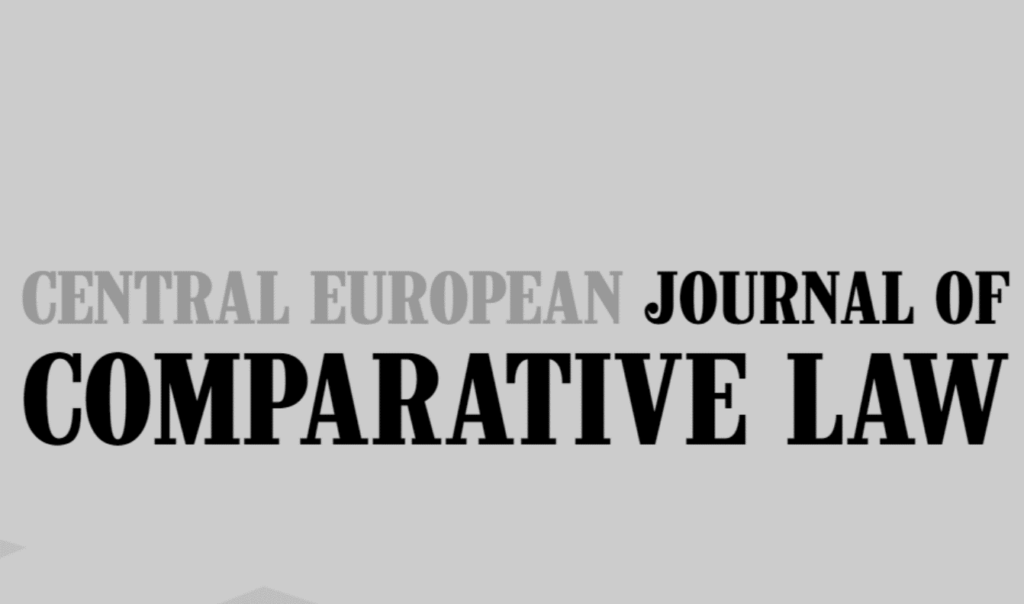The joint article of Prof. Dr. Getoš Kalac, Head of Balkan Criminology, and Ms Gašparić, participant of the 2023 Dubrovnik Victimology Course, has been accepted for publication and is forthcoming in issue 2 in 2024 of the Central European Journal of Comparative Law.
Their paper critically reflects on the normative and practical meaning and purpose of life sentences, as well as long-term prison sentences which – although not literally denoted as life sentences – in their effect essentially resemble life sentences. Their analysis is set against the backdrop of providing in-depth knowledge about current trends in the global abolitionist movement, showcasing the current opinio iuris on the jus cogens status of the safeguards against the death penalty. Fully subscribing to said opinio iuris, the authors discuss its likely implications in terms of a future rise in life sentences, with a particular focus on the meaning of life sentences and in their relation to long-term prison sentences. This is not only a matter of normative definition, but also an utmost important issue in comparative penology that empirically investigates the imposition of life sentences.

In order to test their assumptions about the dubious labelling of essential life sentences as ordinary (long-term) prison sentences, a normative analysis of the current legal framework in nine European states (covering Croatia, Serbia, Slovenia, Poland, Slovakia, Hungary, Germany, France and Switzerland) is presented. Preliminary findings show that what is labelled ‘life sentence’ in one jurisdiction, when compared to ‘ordinary (long-term) prison sentence’ in another jurisdiction, more often than not, tends to be a far less severe punishment than the sanction’s name might imply. However, the matter is far more complex, since numerous states thus apply so-called ‘security confinement’, though not as a sanction, but as a security measure. Nevertheless, the authors find that in their effects such security measures, although not labelled as sanctions, come dangerously close to actual sanctions such as life sentences and long-term prison sentences, thereby in essence normatively undermining current European human rights standards. Since there appears to be a rise in such ‘false labelling’ the phenomenon is put in context of penal populism and in conclusion discussed as a matter of the very foundations criminal law builds upon, in an attempt to suggest normative and practical solutions.
